|
Instability and dissolution, the digital monolith reconfigures our perspectives about the material world and reality as we experience it. The artificiality of this new reality is more pervasive, more transparent, the manifestation of digital has great utility in its ability to fabricate but it's just another step in this evolution that pulls man further away from the elemental and material world. To the living what is real? what isn't a social fabrication? The euro-centric western modernity crumbling, clinging to control through shadow games and coercive means of order intrinsic to any state that in itself is a grand social abstraction. The end of the world is a slow continuous devaluation of the flesh. Zeros and Ones is a beguiling, disorienting fever dream of modernity that only Abel could have made. Feels like this would be a nice companion piece with De Palma's Domino.
0 Comments
The snowy vistas of Chuncheon instill this astute relationship drama with an expressivity that Jang Woo-jin utilizes to perfection in crafting this incisive portrait of self-doubt and stasis plaguing a middle-aged couple. Time is the great equalizer, and what Winter's Night beautifully concocts is a film about companionship that recognizes the work involved. Connection is spontaneous but when it comes to relationships they are constructed around a continuous process of reciprocal communication and understanding. In our inability to be open, honest, and expressive about our internal selves problems can arise, dissonance can occur, and what I think Winter's Night captures without exposition is the importance of such forthright communication. Melancholic but never somber, Winter's Night's juxtaposition of this older couple with the younger one they encounter only reinforces the film's existential aims. Reflections on the past, preoccupations about the future - how both the past and future infect the present in our consciousness, and how these concerns themselves can often distort what is simply right in front of our faces. The impermanence of the present, its importance to living, and how in many ways embracing this present moment leads us to a place of solace, peace, and mutual understanding that insures the past or future doesn't feel prescriptive nor preordained
Campion just over here re-contextualizing the erotic thriller - a reclamation of the female body and female sexual agency that still operates very much within the strictures of the genre, engaging with, subverting, and even embracing its various tropes. The authorial vision here is so precise and assured. The camera's gaze elicits a voyeuristic quality, while obscured imagery through framing/blocking and hazy, grimy, neon-soaked aesthetics perfectly complement the film's conceptual framework. Desire, a primal impulse that simply doesn't always adhere to logic or our better judgment - in the end, it's her who seizes the moment and ultimately grabs control of this confusing situation. A world that was constructed visually to be murky, indiscernible, and mysterious begins to become clear.
Existing in an epoch in which the rural-urban axis was being transformed via the Industrial Revolution, Jane Campion's The Power of the Dog is an impeccably well-crafted slow-burning thriller that infuses Western Iconography with a subtle game of slowly shifting power dynamics to deliver one of the better thrillers of the year. Interested in the entangled nature of power and desire, and the toxicity and combustibility intrinsic to repression, The Power of the Dog features a narrative schematic that plays within both the economic (class) and social (gender) arenas of this epoch, exhibiting how regardless of the arena, what causes division is the desire for power and control. The shifting power dynamics at play here unfold to reveal a performative side to Cumberpatch's brazen displays of power, and perhaps what the film does best schematically is create a character that despite nearly everything he has done, ultimately feels tragic. His inability to express who he is honestly, both to himself and others is his downfall. This internal maelstrom within his psyche brought by both repression and his inability to let go of his power and control infects the external, leading to his downfall. Cumberpatch has undoubtedly never been better. Ultimately the denouement harkens to something allegorical in the way the power shifts from one man, Benedict Cumberpatch, to the other, Kodi Smit-McPhee. The Frontier is dying, industrialization has upset the social order and driven and repositioned the expectations of worth. The ethos of masculinity, one typically derived and associated with toughness, physicality, and force has been supplanted by this new age, one in which the scientific method and intellectual wit trump brute force - Science has begun to supplant the natural world as the omnipresent force in which mankind finds themselves tethered to as they search for control over the uncontrollable nature of living.
Obfuscates the familiar precocious children motif and any potential for sentimental drivel with such a mature approach towards the parental bond between adult and child. Growing up as a continual process of rebirth and renewal. Children are impressionable entities on an earlier part of the progression that is life but they ultimately are not nearly as different as we sometimes pretend them to be. Control is largely a fabrication, a deception we as adults tell ourselves and what C'mon C'mon captures quite vividly is how experience dealing with such things is fundamentally the only difference between an adult and an impressionable child when viewed through an existentialism lens. Affectionate, empathetic, lived-in. I think this is quite easily Mills best film to date.
An exquisite, beautifully actualized relationship drama that is refreshingly honest about the complexities of companionship, peace, and happiness in a world ripe with social disparity. A film that is particularly incisive about the nature of appearances, Compartment No. 6 is a portrait of self-actualization that wonderfully contextualizes the struggle to find the right equilibrium between our internal selves and our external presentation of ourselves to others. The role we play socially, the presentation of self deep-seated into social interaction is expressed with such maturity and intimacy in this film that I believe it transcends its more modest conceit. Performance is intrinsic to living, and through these two characters, whose perspective is sculpted by differentiating social and economic experiences and expectations, Compartment No. 6 effectively evokes how we are all far more similar than we imagine. We are sculpted by external forces but the same interior impulses remain.
Captures better than any film in Miike's Black Society Trilogy the perpetual search for some semblance of home amongst the ennui of modernity. The depravity these characters experience, the violence they participate in, is spawned out of necessity due to an unforgiving and unwelcoming world in which transnational exchange embraces commodification while rejecting the diasporic bodies it produces. Focused on youth more than its predecessors, Ley Lines is perhaps best expressed as an act of rebellion in which the impressionable young protagonists find their bond forged by xenophobia and desperation. The tragedy is commonplace but their actions of violence are reciprocal, forged by the hand they were dealt. The denouement is vividly elucidated in the film's final shot - two young bodies adrift, the sea of uncertainty awaits, but there is also a semblance of hope as they move onward, following the currents in hope of finding this place of comfort where they can be at peace, at home.
The personification of a specific type of sociopath is perfectly composed in Baker's Red Rocket, a film that tactfully exhibits the darker side of what American culture can spawn. What Baker and co. seem to understand so well is how these types of brash, manipulative individuals are rarely repugnant to the outsider, quite the opposite. Mikey Saber, played to perfection by Simon Rex, is cunning; He views every interaction as an opportunity to exploit for his own gain but in order to do this effectively one must be charming and convincing, and Mikey manages this, exploiting the impressionable, whether it be the desperation of a young woman or that of his ex-lover, who begins to be lulled to sleep again by his false promises. Baker's film is full of humor and is an engaging experience from start to finish, and much of this is due to the recognition that the biggest con artists out there, those that manipulate others and have delusions of grandeur are often extremely likable, sharpening their skillset with every person they step over to serve themselves. The cognitive dissonance is striking and accurately rendered through this character, a man who simply doesn't even realize how destructive he is towards others. In the end, what I perhaps find so interesting about this film is what ultimately stops this character, this walking manifestation of abject selfishness and sociopathic tendencies is community. The community comes together to reject and repel this toxic element, they protect their own
What Do We See When We Look At The Sky is frankly a revelation, a film so distinct in its formal arrangements and cinematic language that it manages to evince the overwhelming beauty in the day-to-day moments we often perceive to be mundane. Achieving transcendence through an ontological approach rooted in these small exchanges, interactions, and observations that alone seem minuscule but when strung together make up living and experience, What Do We See When We Look at the Sky? is just remarkable, a beautiful evocation of life. Community, connection, sharing the same spatiality yet often being worlds apart, what Koberidze crafts here is a peculiar love story between two individuals that transcends the boundaries of personal experience to become elemental, existential, and ultimately optimistic about humanity despite all the pain and injustice throughout the world. Koberidze is honest about the ephemeral nature of exchange, interaction, and perception in modernity, and what What Do We See When We Look At The Sky so beautifully expresses is how we as individuals are malleable entities that are constantly evolving, adjusting, and reconfiguring. Small interactions of kindness, affection, or love may seem small or insignificant when viewed through the prism of atrocities that continue to occur throughout the world, yet our salvation begins with our ability to recognize how little control any of us have over collective humanity. We are not in control and that's ok yet what Koberidze astutely expresses with What Do We See When We Look At The Sky is a reminder that if we all attempt to see the beauty and miracle that is life, if we embrace the moments of spontaneity and intrinsic anarchy of living, perhaps someday the human atrocities will reside and all that will be left is love between our fellow man.
Looks like this is the movie of this year most people adore that I thought was good but not great. Think it works best when seen as a Coming of Age film that also rejects the whole conceit of a Coming of Age film; Personal growth, both emotionally and intellectually, doesn't end after adolescence, that is simply a fabrication. Trier's always been skilled at crafting narratives and this is certainly one of his better efforts as of late. At its best, it is an incisive investigation into finding oneself and navigating affect. Our wants and desires are often far from concrete, and The Worst Person in the World wonderfully captures the continuous process of identity and desire informed by both internal retrospection and external engagement. What bothered me the most is how tethered it felt to specific zeitgeist nomenclature that permeates the film. It left it feeling cheap at times, corny, and beholden to a specific moment of discussion that at times made me question how genuine its intentions were. It seems to almost not recognize how much what it is saying is universal and timeless to living and experience as we navigate the external world
|
AuthorLove of all things cinema brought me here. Archives
June 2023
|

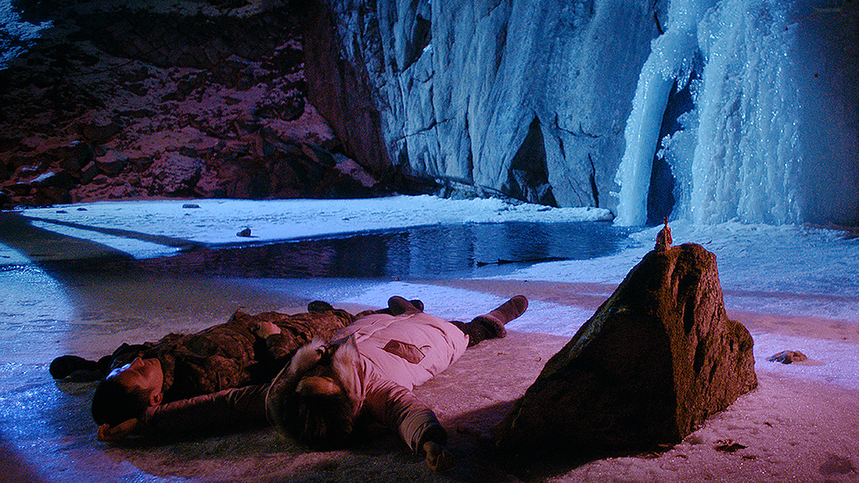
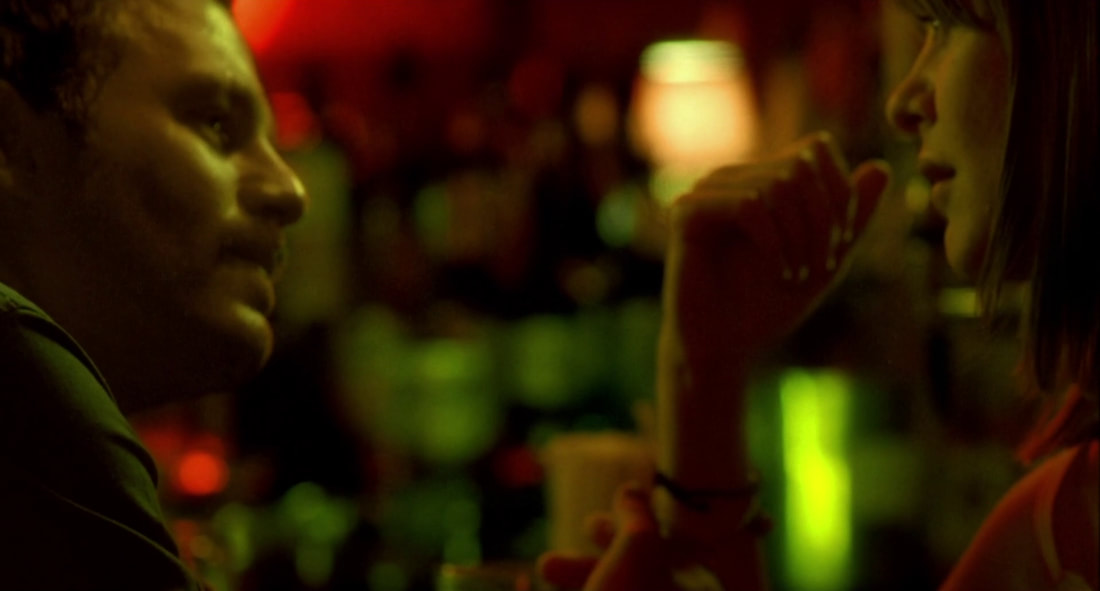
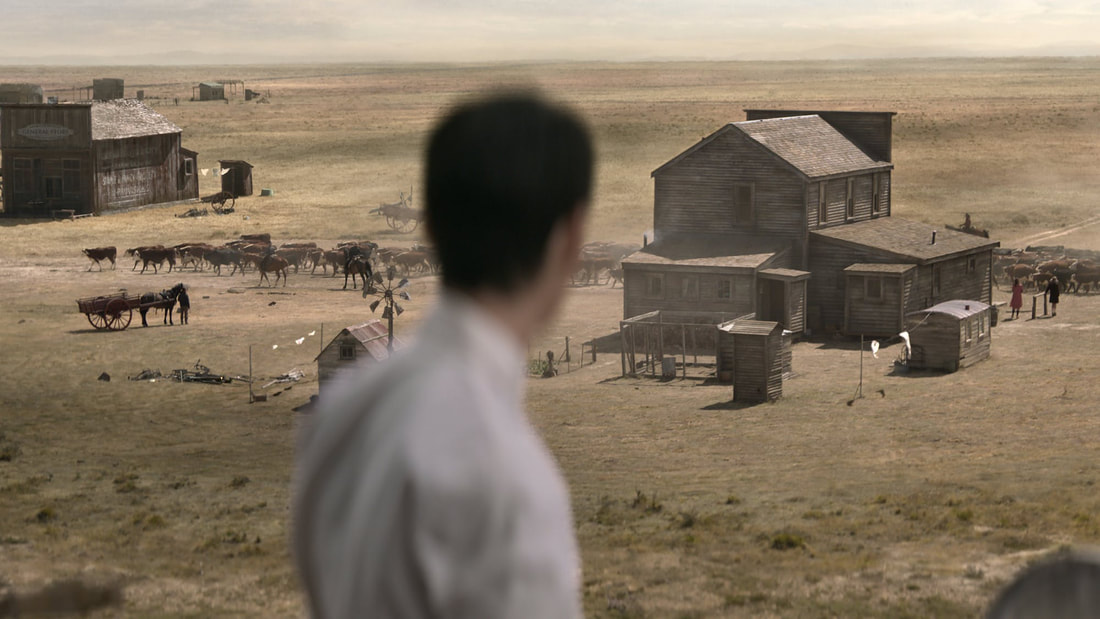
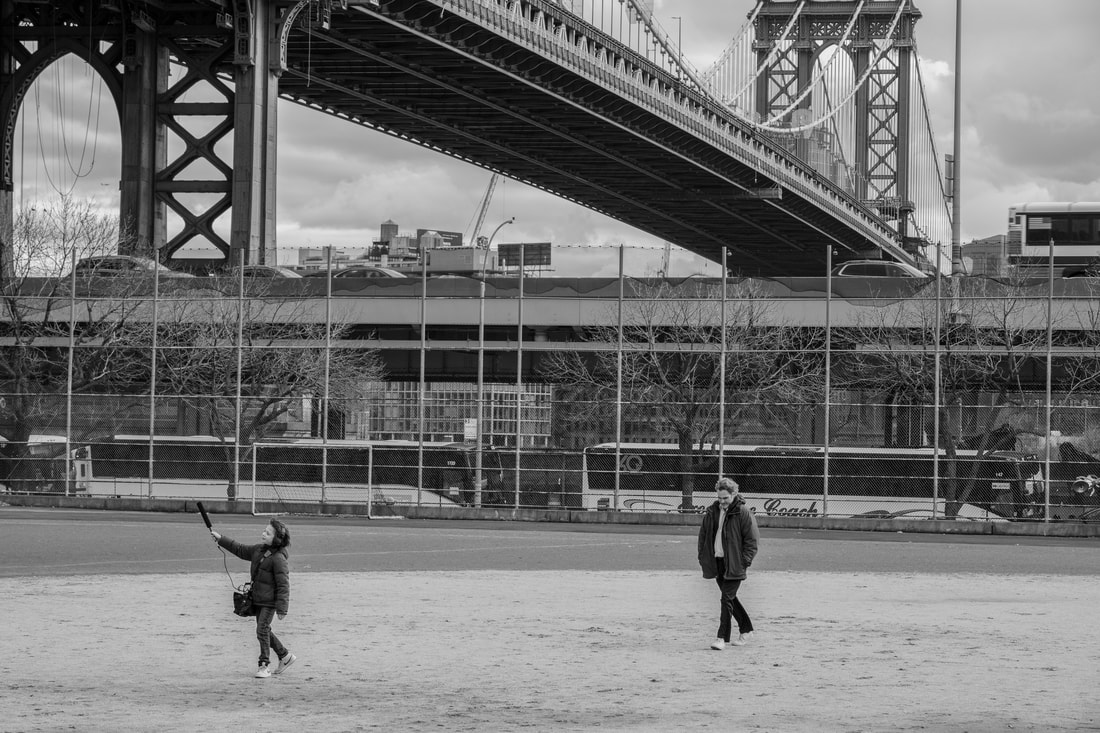
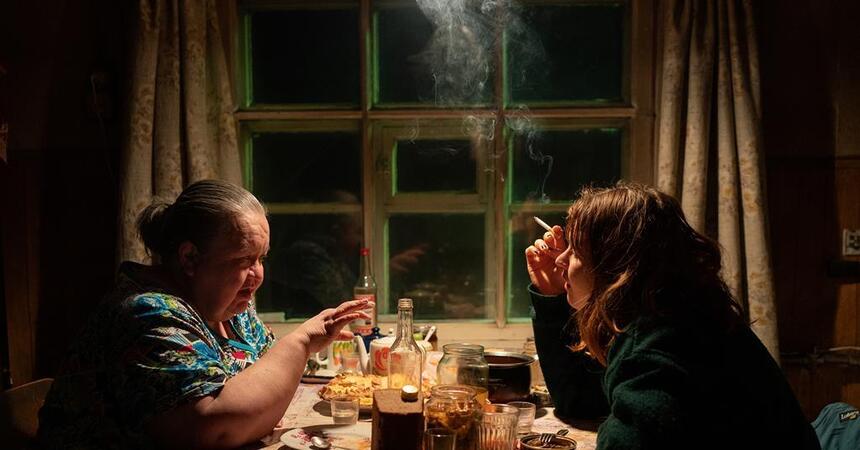
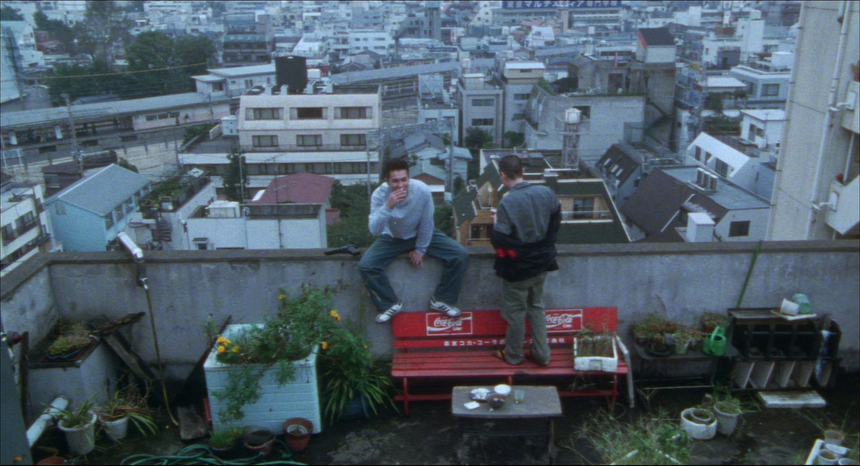


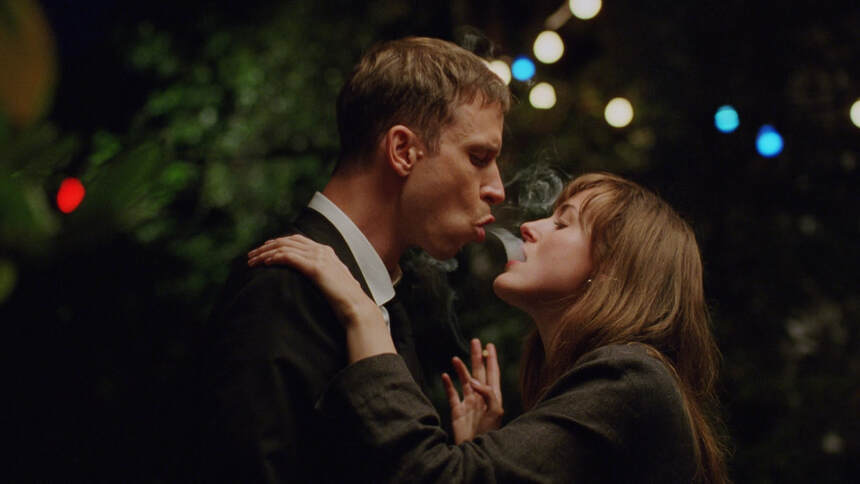
 RSS Feed
RSS Feed
